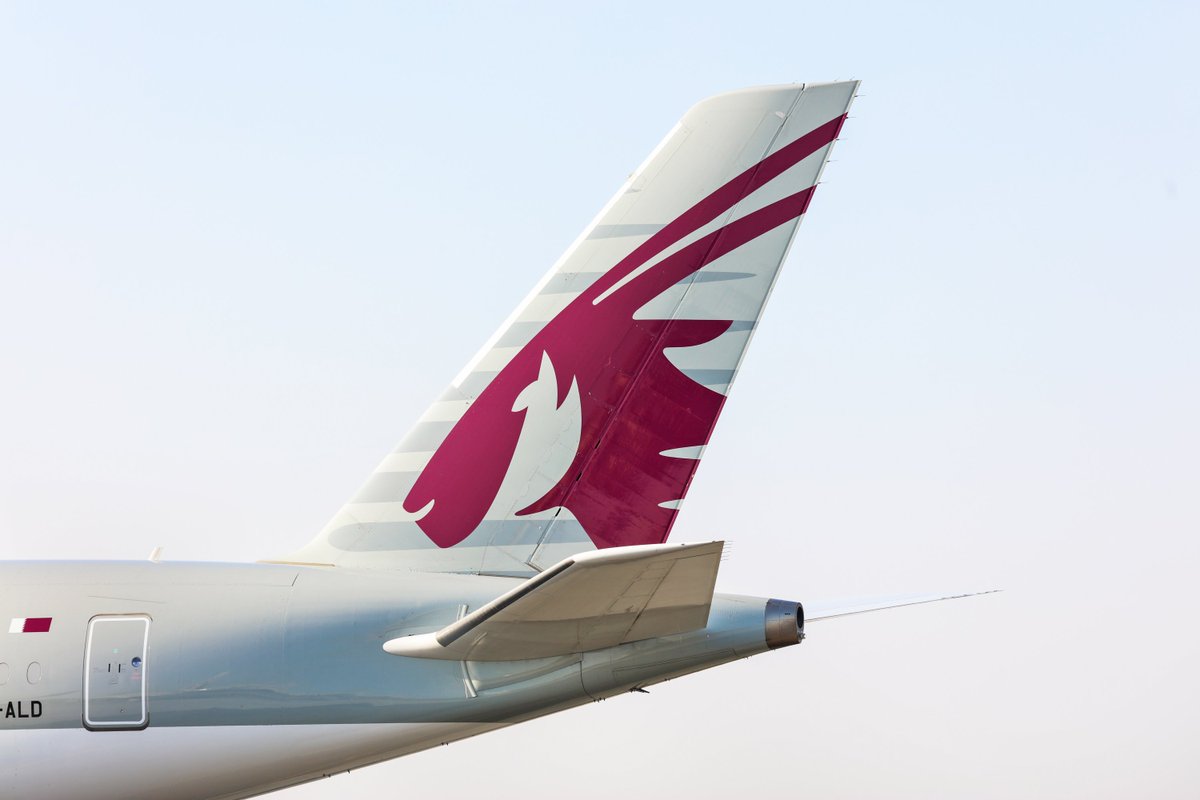As experts argue the blocked move would have significantly lowered airfares and bolstered tourism; Qantas’ influence over the decision remains under scrutiny.
A parliamentary inquiry in Sydney has scrutinised the Albanese government’s decision to decline Qatar Airways’ request for increased flight services to Australia, saying it cost the country some $1bn.
The first public hearing was conducted on Tuesday, in which experts claimed the denied request would have not only decreased airfares but also brought an economic upturn worth over $1 billion, reported the Australian Associated Press.
Tony Webber, CEO of Airline Intelligence and Research, told the Senate committee that had additional services been approved, airfares would have seen a “material reduction … somewhere between seven per cent and 10 per cent”.
Webber, a former chief economist for Qantas, stated that the move would have led to a considerable increase in tourism, predominantly from Europe, valuing up to $1 billion.
Webber portrayed Qantas as an “exceptionally aggressive competitor,” warning that the airline would retaliate fiercely against any competitor that encroaches upon its market share.
However, neither Qatar Airways nor Qantas representatives were present at the Tuesday hearing, though they have been invited to testify.
Under the spotlight is Transport Minister Catherine King, who has faced criticism for her role in declining Qatar Airways’ bid to nearly double its current 28 weekly services in Australia.
King has defended her decision, stating it was made in the national interest. Critics argue that the government’s refusal primarily serves to protect Qantas from competition.
Sydney University Professor Rico Merkert estimated the economic loss due to the government’s decision to be over $1 billion.
He affirmed that approval of the request would have guaranteed cheaper international fares. Flight Centre CEO Graham Turner urged the government to reconsider the decision, citing its long-lasting impact on public perception.
This inquiry comes amidst ongoing litigation against Qatar Airways for the October 2020 incident at Doha’s Hamad International Airport, where Australian women were detained and subjected to invasive examinations.
Michael Bradley, who represents a group of these women, criticised Qatar Airways for prolonging the legal process, describing it as “torturous and expensive.”
Opposition transport spokeswoman Bridget McKenzie expressed concern that the case involving the Australian women was being used as a pretext for rejecting Qatar Airways’ bid for additional flights.
Sydney Airport CEO Geoff Culbert argued there were “strong arguments” for increased services, especially considering flights from the Middle East have reduced by a quarter.
Meanwhile, opposition Leader Peter Dutton has accused the Labour government of striking a “sweetheart deal” with Qantas which he believes has directly contributed to high airfares for Australians.
The Senate committee is set to report its findings by October 9.
Earlier this week, Qatar Airways slammed Australia’s decision to deny its request for additional flights as “very unfair,” especially since the airline played a pivotal role in repatriating Australians during the Covid-19 pandemic.
The national airliner’s CEO Akbar Al Baker finally broke his silence during an exclusive interview with CNN on Saturday.
He expressed his “very surprised” reaction to Australian Transport Minister Catherine King’s rejection of the airline’s bid for 21 extra weekly flights to various airports across the country, citing opposition from Qantas.
“We found it to be very unfair, our legitimate request to be not granted, especially at a time when we were so supportive of Australia,” he said during the interview.
During the pandemic, Qatar Airways maintained its flights into and out of Australia even when domestic carriers suspended their operations.
Al Baker highlighted his company’s crucial role in “repatriating stranded citizens from around the world to and out of Australia, helping them receiving medical supplies and spare parts, et cetera, during the COVID period when the national carrier and their partners completely stopped operating in Australia.”
“We were there for the people of Australia,” he maintained.







